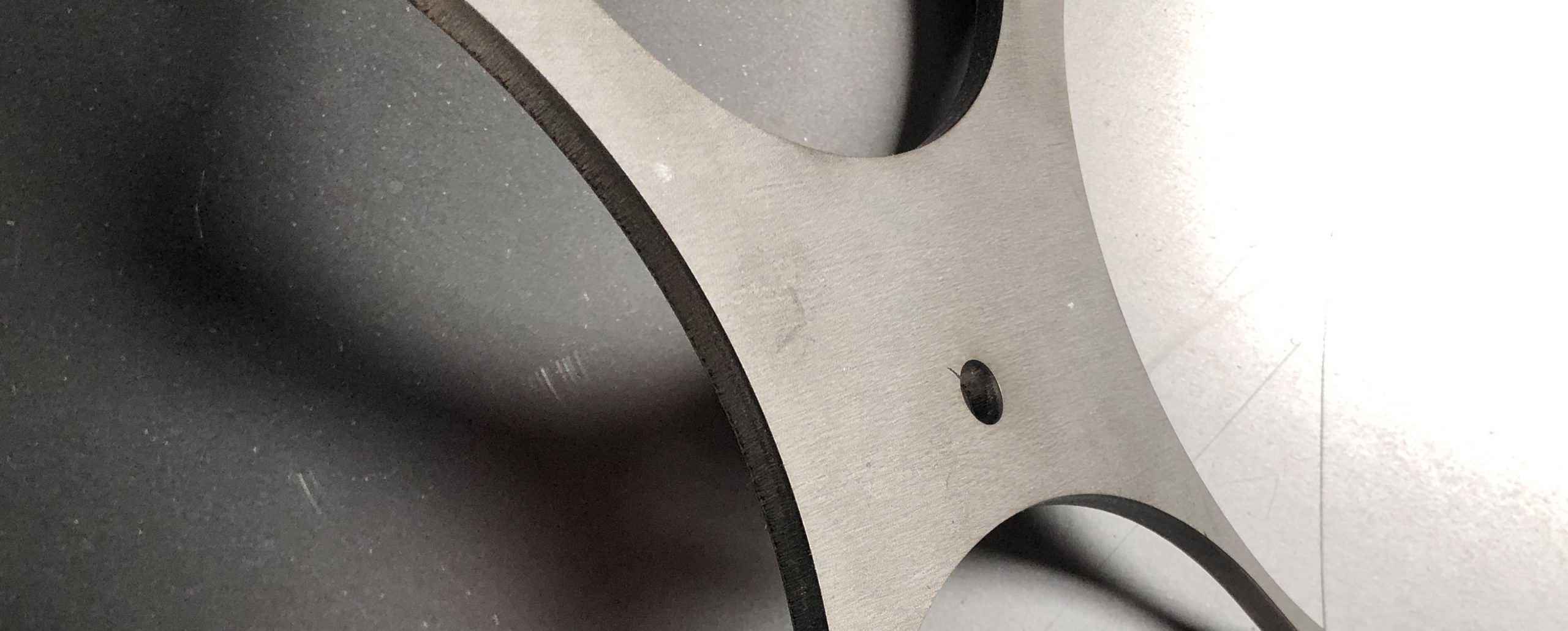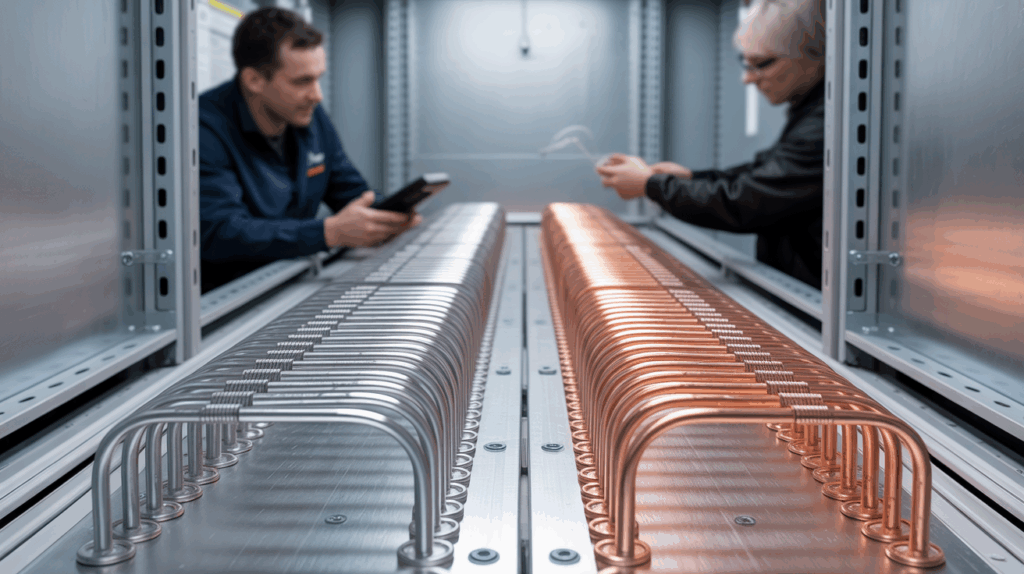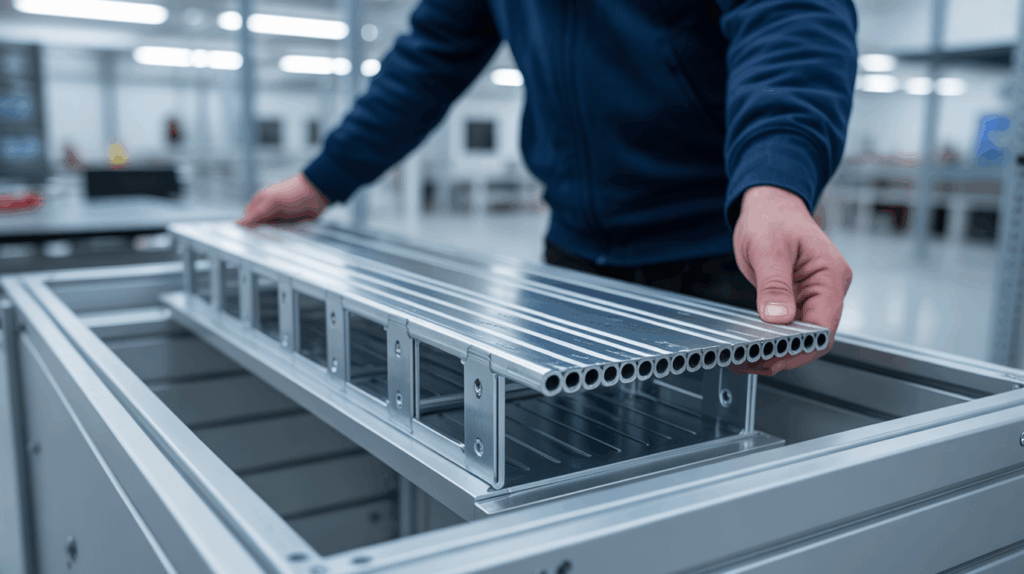In the realm of electrical engineering and power distribution, busbars serve as critical components for efficient and safe transmission of electricity. While copper has long been the traditional material of choice, aluminum busbars are rapidly gaining ground due to their numerous advantages in both performance and cost. At AP Precision, we understand the importance of selecting the right materials for your electrical systems, and aluminum busbars are an increasingly reliable and efficient option worth considering.
Understanding Busbars: A Quick Overview
Busbars are metallic strips or bars used in electrical systems to conduct electricity within switchboards, distribution boards, substations, and other electrical apparatus. They offer a streamlined method of connecting incoming and outgoing electrical currents with minimal space consumption and improved heat dissipation.
The two primary materials used for busbar manufacturing are copper and aluminum. Each has its own strengths, but aluminum is emerging as a preferred solution in many modern applications for a number of compelling reasons.
Key Advantages of Aluminum Busbars
1. Cost-Effective Material
One of the most significant advantages of aluminum over copper is its cost. Aluminum is substantially less expensive, with raw material costs typically 30% to 60% lower than copper. For large-scale or budget-sensitive projects, this price differential can lead to significant overall savings without compromising functionality or safety.
2. Weight Reduction
Aluminum is about one-third the weight of copper, which makes aluminum busbars considerably lighter. This lighter weight simplifies handling, shipping, and installation. In large-scale electrical installations—such as in industrial facilities, commercial buildings, and renewable energy projects—this weight reduction can lead to easier logistics and decreased labor costs.
3. High Conductivity-to-Weight Ratio
Although copper has higher conductivity per unit of volume, aluminum excels in conductivity per unit of weight. This makes aluminum particularly attractive in applications where weight and space are critical factors. With proper engineering design, aluminum busbars can be optimized to achieve similar electrical performance to copper with less mass and at a lower cost.
4. Corrosion Resistance
Aluminum forms a natural oxide layer when exposed to air, which protects the material from further corrosion. This self-passivating property makes aluminum an excellent choice in environments where moisture and air exposure are common. With appropriate surface treatments or coatings, aluminum busbars can maintain performance and appearance for many years, even in challenging industrial settings.
5. Thermal Performance
Aluminum busbars offer favorable thermal conductivity, helping to dissipate heat more efficiently than many other materials. This leads to lower operating temperatures and improved performance of electrical systems, especially in applications involving high currents or continuous operation. Improved thermal management contributes to longer lifespan and enhanced safety.
6. Recyclability and Sustainability
Aluminum is 100% recyclable and retains its properties indefinitely. The energy required to recycle aluminum is just 5% of that used to produce it from raw ore. For companies focused on sustainable practices and reducing their carbon footprint, aluminum offers a more environmentally friendly alternative without sacrificing performance.
7. Compatibility with Modern Manufacturing
Advancements in machining and manufacturing have made aluminum easier to fabricate with precision. At AP Precision, our high-performance manufacturing processes are optimized for aluminum components, ensuring tight tolerances and consistent quality. Aluminum’s workability supports a wide range of applications across multiple industries, including renewable energy, automotive, aerospace, and telecommunications.
When Is Aluminum the Right Choice?
While copper remains a robust option in specific scenarios—particularly where size constraints demand the highest conductivity in the smallest footprint—aluminum busbars are ideal in many other situations, including:
- Large-scale power distribution systems
- Renewable energy installations such as solar farms
- Weight-sensitive designs like in automotive and aerospace industries
- Cost-sensitive projects where budget efficiency is critical
- Corrosive environments that require additional material protection
Each application is unique, and determining the right material involves assessing the total cost of ownership, system requirements, and long-term reliability. At AP Precision, we guide clients through material selection with a deep understanding of project specifications, environmental factors, and industry standards.
Aluminum Busbar Solutions at AP Precision
AP Precision specializes in providing high-quality, customized aluminum busbars for a wide range of electrical and industrial applications. Our team leverages decades of experience and state-of-the-art fabrication techniques to deliver components that meet exacting performance and durability standards. From prototype development to full-scale production, we ensure every product is engineered for excellence.
By choosing AP Precision, you benefit from:
- Extensive materials expertise
- Precision CNC machining
- Short lead times and competitive pricing
- ISO 9001:2015 certified processes
- Expert support from concept to completion
Conclusion
Aluminum busbars offer a compelling set of advantages over copper, particularly in terms of cost, weight, corrosion resistance, and environmental sustainability. When correctly engineered and installed, they provide excellent performance across a wide range of electrical applications.
If you’re considering aluminum busbars for your next project, the experts at AP Precision are here to help. We deliver reliable, high-performance solutions tailored to your specific needs.
Contact us today to discuss your project requirements and learn how aluminum can improve your system’s performance and efficiency.


